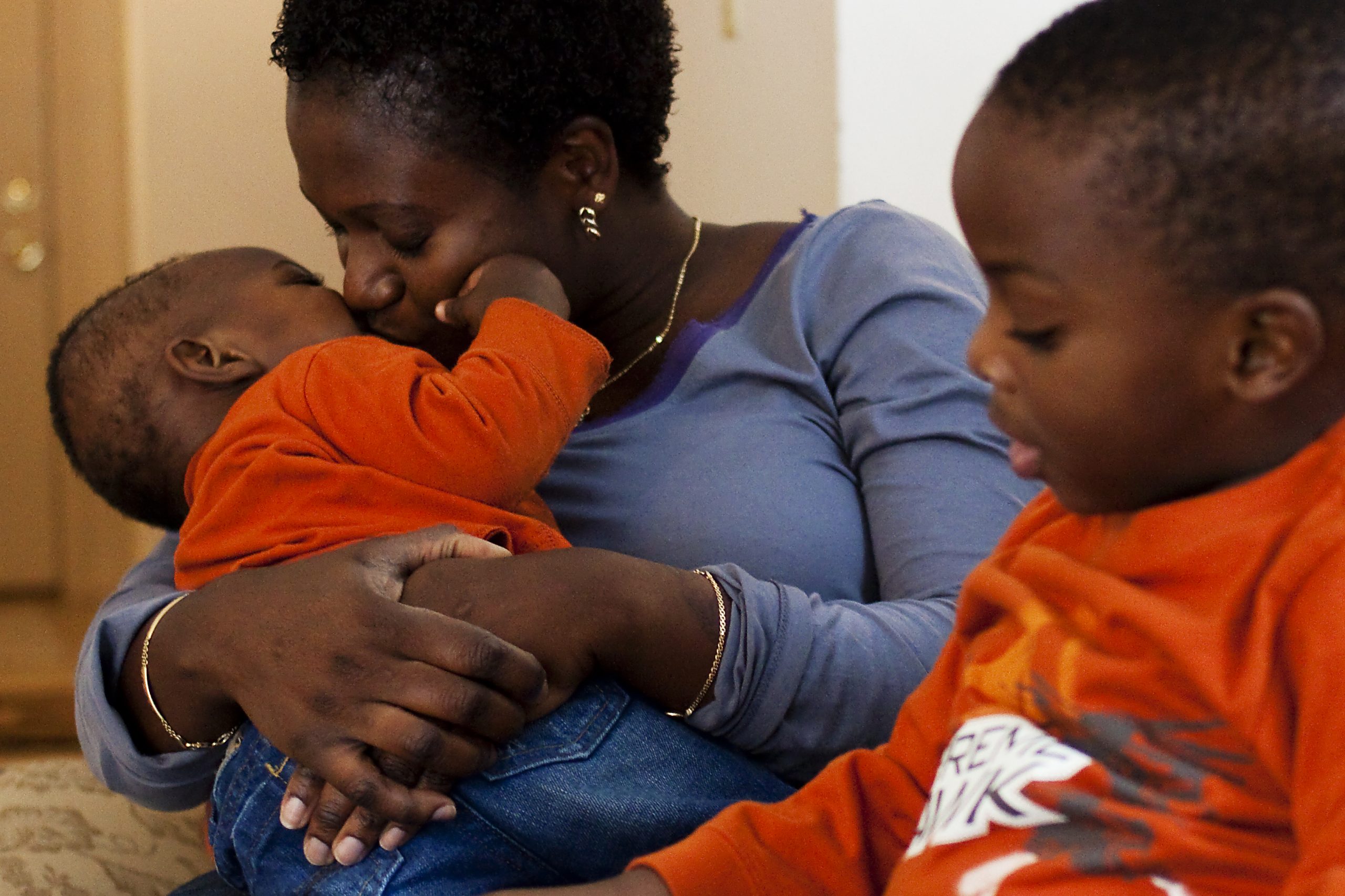
With the growing price of rent and buying homes in America, the American dream of living and raising children in your own home is becoming inaccessible. In response to unaffordable housing, some families chose to raise their children in the homes of their parents or friends, what is referred to as “doubling up.” While these arrangements allow mothers economic stability, they also bring challenges because of deeply held societal understandings around good parenting.
Hope Harvey sought to understand the challenges that mothers face when trying to raise their children in another person’s household. She interviewed 29 mothers over 3 years (2012-2015). Through her interviews, she found that the mothers’ questioned their identity as adults while “doubling up.” One of the main reasons was that the women felt being in charge of your own home was essential to being a good parent.One example is TaKayla, who says,” I think that’s important [to have my own home] because I just want to see what it’s like to have my own family…I want my kids to be around me, their father, and just do our own thing. Go through our own holiday celebrations together and experience the whole mommy is getting up, cook dinner and breakfast stuff. See dad going to work, kiss him when he get back home, ‘How was your day?’ Stuff like that. I want to experience that.” We see from Takayla’s description that she feels home ownership affects almost all parent-child interactions. This also connects to other mothers who felt that being a “normal family” is based on white-heterosexual norms and being in charge of your own home.
Another challenge was hosts (home owners and lease holders) challenging mothers’ parenting by giving children conflicting instructions. One example is Toni, who talked about how she would tell her children,”to go lay down” and rest but then her father, whose home they were living in, would tell the kids to, ”come on, go outside. Go out in the backyard.”
Women pushed back against these challenges to their identities as adults and mothers. One of the main ways women in the study tried to resist their feelings of inadequacy was to set up private areas in the house where only the mothers and their children could go. They referred to these places as their “apartments” or “ little houses,” and tried to symbolize ownership of these spaces by calling these spaces ”their rooms.”The second way they protected their motherhood was preventing the hosts from giving conflicting orders to their children. The mothers did this by having conversations with the owners of the home about their parenting expectations. They also told the hosts to let them be the ultimate decision-maker in terms of how to raise their children and to follow their lead. If these arrangements were not agreed upon, the mothers ended the living arrangement.
The article highlights that while economic resources are currently limiting the ability of mothers to practice a traditional style of parenting, many people still hold traditional understandings of parenting that rely on owning a home or leasing their own apartment. These idealizations create tension for parents living in homes that they do not own or rent themselves. Harvey found that mothers must grapple with this tension every day and find creative ways of fulfilling traditional parenting ideals within their current living situations.

Comments